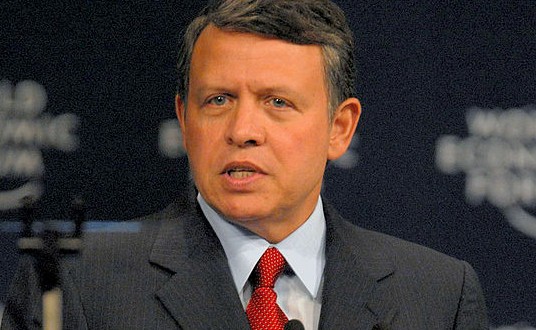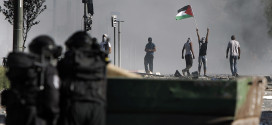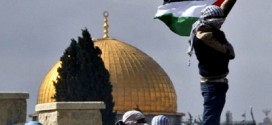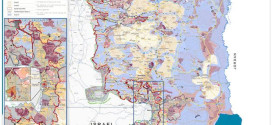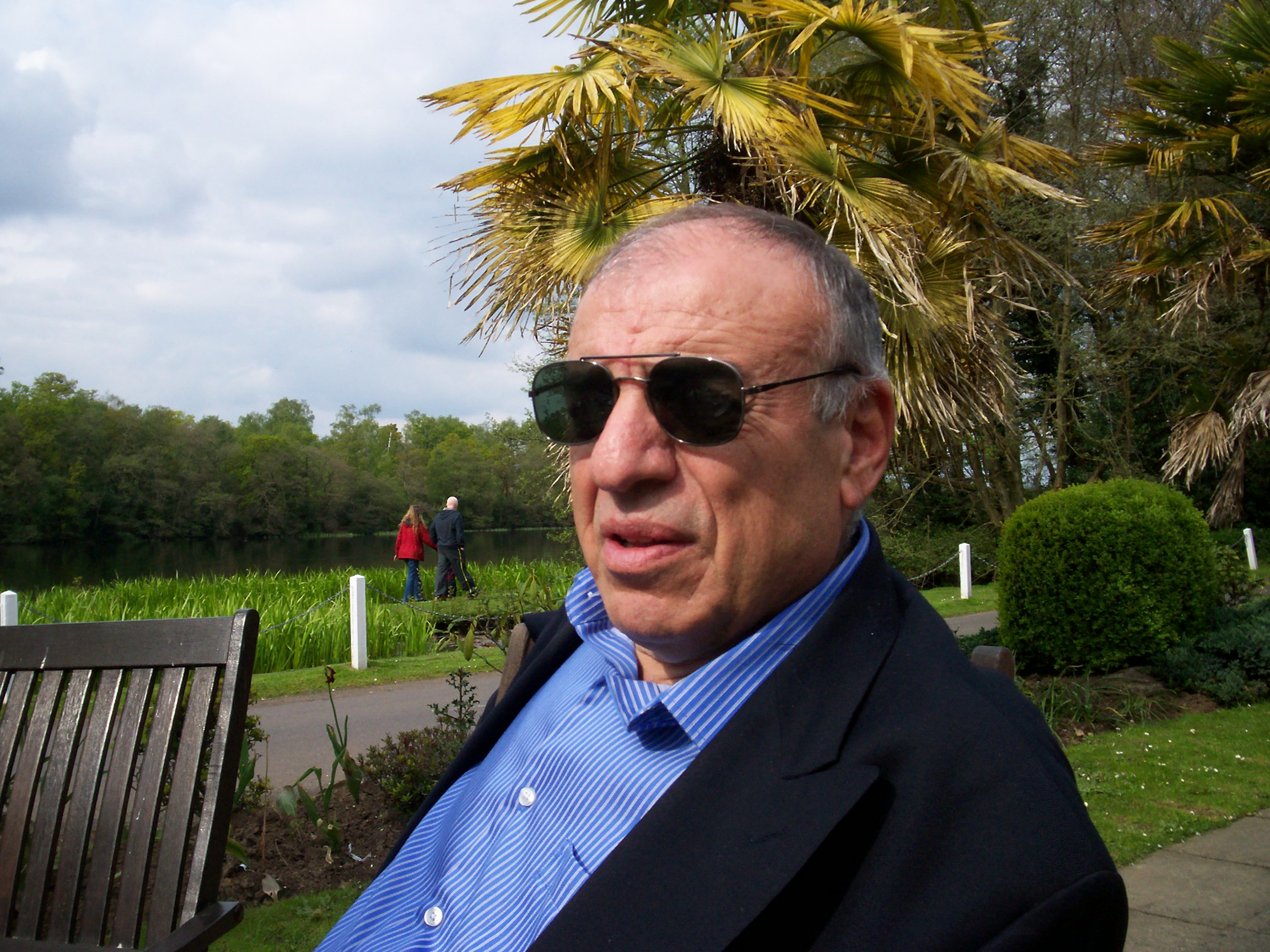It does appear that the Arab Spring has bypassed the Arab monarchies. All the predictions of turmoil, upheaval, and catastrophe in Jordan have been proven wrong. With aplomb, King Abdullah saved the country from the worst aspects of the Arab spring.
Jordan’s King Abdullah II hails from the Hashemite Kingdom, and is a 43rd descendent of the prophet Muhammad. Therefore, the citizens of Jordan respect him not only as a leader, but as a legitimate religious figure.
Jordan has survived the toughest of times in the last three years, enduring the stress and strain of the regional upheavals and wars. When the Arab spring erupted in 2011, a number of prominent commentators predicted that Jordan looked vulnerable and ready to be swept away by the Tsunami. One particular headline I remember in a leading newspaper said “Is Jordan Next?” In their view, Jordan was ripe for revolution. I argued at the time that they were wrong. More than three years later, Jordan remains a haven of stability and common sense in a mad region.
Despite the influx of more than 700,000 Syrian refugees, rising energy prices and internal unrest instigated by the opportunist Muslim brotherhood, King Abdullah II of Jordan has skilfully managed the turbulence and steered the ship into safe waters. The chaos in Egypt, the civil war in Syria, the violence in Iraq and the turmoil in Libya have all worked to the advantage of Jordan. The toppling of President Morsi of Egypt last summer and the outlawing of the Islamic Brotherhood movement in Egypt and Saudi Arabia have strengthened King Abdullah’s hand at home.
The 6.5 million Jordanians are extremely worried about the death and destruction in Iraq, Syria and the unrest in Egypt and Libya. They have taken the view that rocking the boat too violently in Jordan is fraught with danger and unpredictable catastrophic consequences. Despite worsening economic conditions, Jordanians value the stability and security they enjoy. Regime change is absolutely out of question.
Jordan has succeeded in avoiding the fatal mistakes of the Syrian and Egyptian regimes which led to mayhem and chaos. The king has been able to neutralise the Muslim Brotherhood’s repeated attempts at stirring up trouble on the streets. Jordanians made it clear they value the stability and security in the country.
The Washington based Atlantic magazine ran a piece in July 2013 titled “In Jordan the Arab Spring Isn’t Over” It stated that “Jordanians look north to Syria and southwest to Egypt and are frightened by what they see. Brutal civil wars and street clashes have tempered the desire for rapid change.” What the piece fails to convey is that not a single person was killed by the security forces in the hundreds of demonstrations, protests and sit-ins held in Jordan over the last three years. Even the recent troubles in the Southern city of Maan, were contained with the minimum force and minimum of casualties.
Jordan’s main problem is not political reforms or the role of the King. The top priority for Jordanian is the state of the economy. In a region where over 60 percent of the population is under the age of 30, the economic problems are huge. Economic growth slowed down in the last 2-3 years as a result of the global situation. Unemployment is relatively high, at above 12 percent in a country that hosts over half a million guest workers.
Needless to say, the vision and courage of King Abdullah II has enabled Jordan to weather the Arab spring tsunami. This is not to say that the Syrian crisis has not impacted Jordan politically, economically and militarily.
King Abdullah has always been an ardent advocate of gradual reforms. He has created a number of independent bodies, including the National Centre for Human Rights and the Royal Committee to Enhance National Integrity. He has instructed the security forces to refrain from resorting to violence in dealing with anti-government protests, which began in 2011. Many Jordanians have been convinced that the King is a real reformer and a real guardian of progress and stability in a turbulent region.
Addressing parliament in November 2013 King Abdullah said his “white revolution” is part of reforms he initiated weeks before the start of the Arab Spring that saw four regional leaders deposed in uprisings. The King promised to press ahead with “wide-ranging reforms.”
The next steps will be to build real political parties, the king said. He said he would like to see Jordan’s 23 small and fractured political parties merge into two liberal and conservative coalitions for the next parliamentary election.
Earlier this year, Abdullah said his reforms will lead to the absolute monarchy taking a step back. Abdullah blamed the delays on regional tensions, including the lack of a Palestinian-Israeli peace settlement and the civil war in neighbouring Syria. He said the nearly 700,000 Syrian refugees in Jordan “depletes our already limited resources and puts enormous pressure on our infrastructure.” However the top priority for Jordan is resolving the Israeli Palestinian conflict. The recent visit of Pope Francis underlined Jordan’s pivotal role in the region. We cannot underestimate the significance of Pope Francis’ May 24 visit to Jordan which highlighted Jordan’s leading role in spreading the values of justice and peace in the region.
 العربي الديمقراطي The Latest From The Arab World
العربي الديمقراطي The Latest From The Arab World


